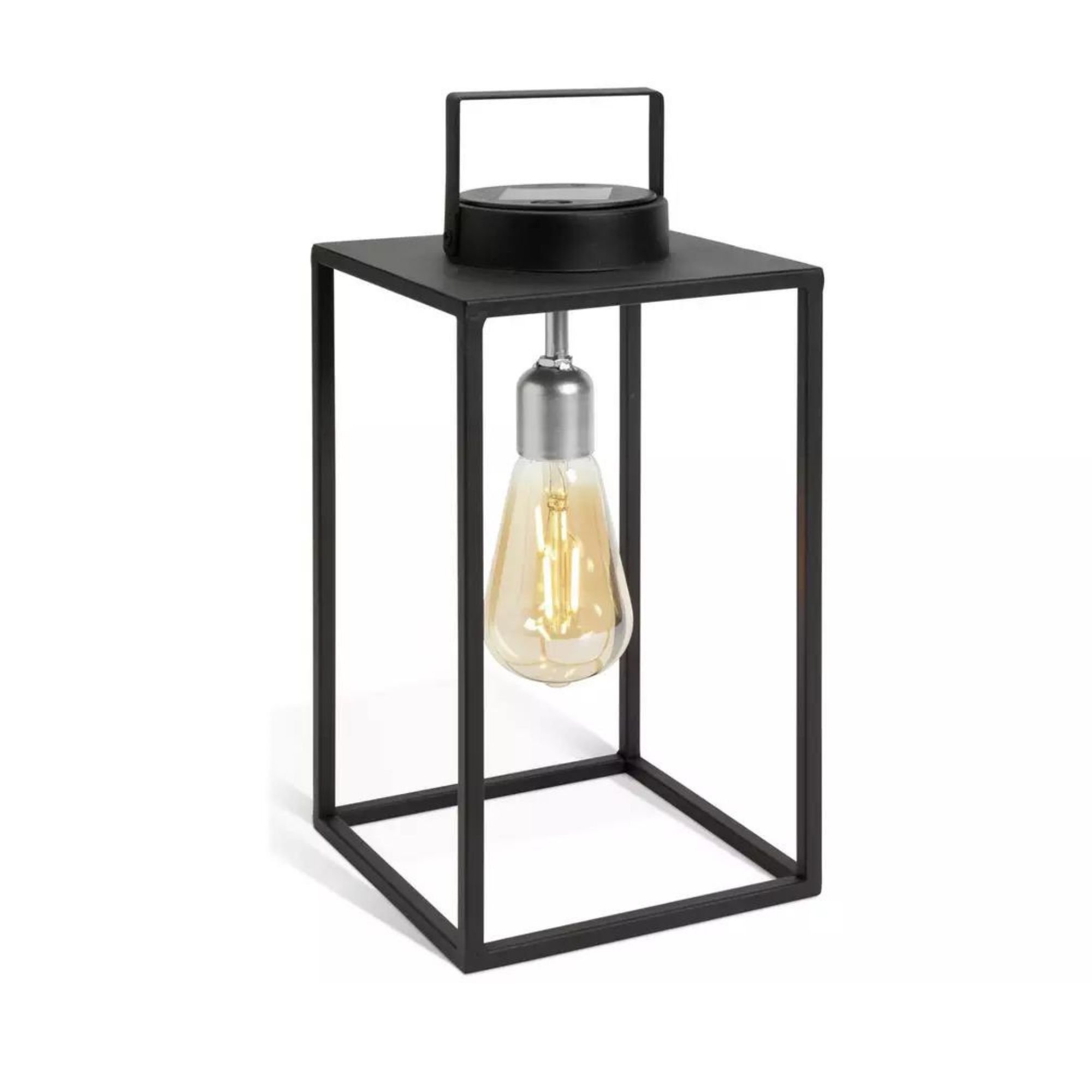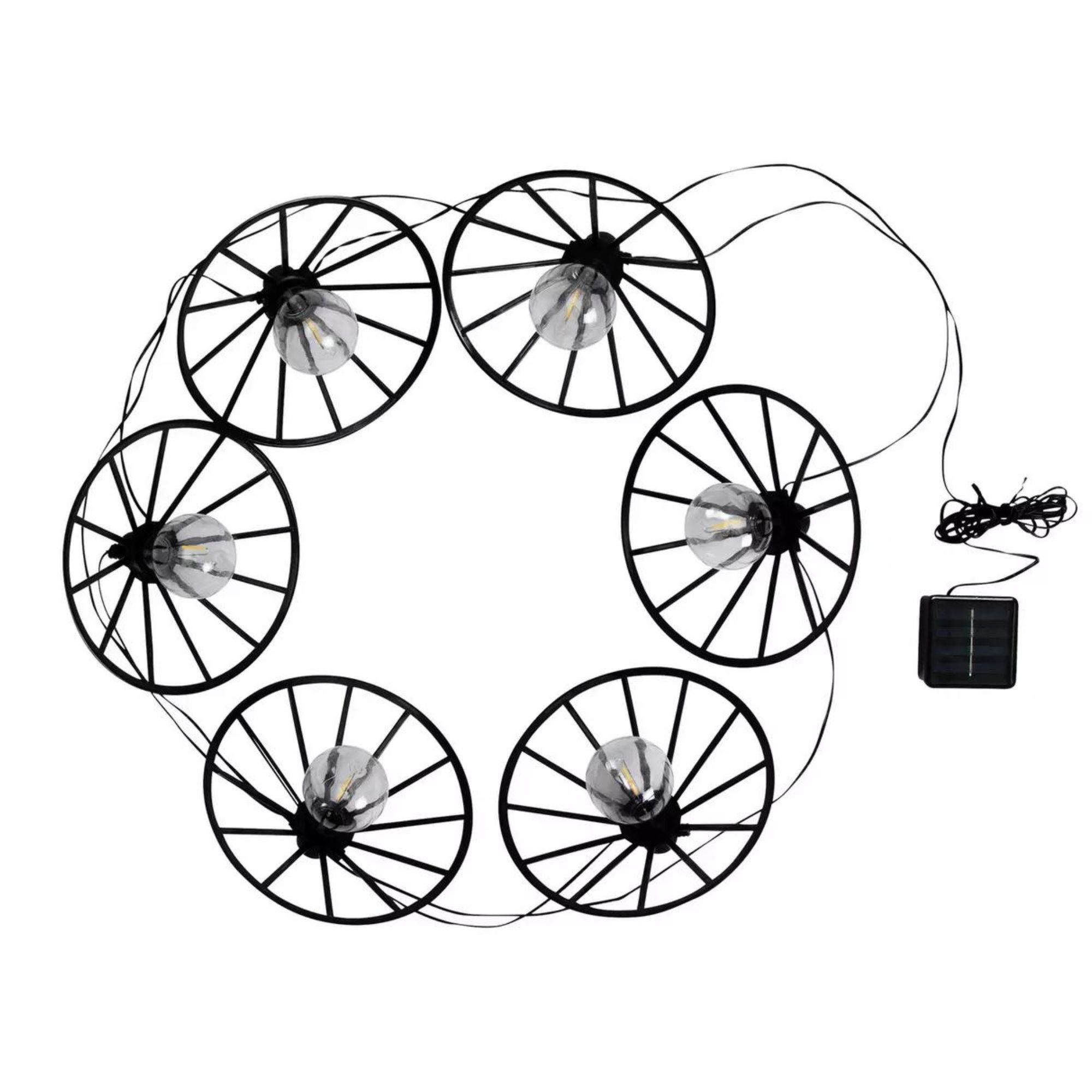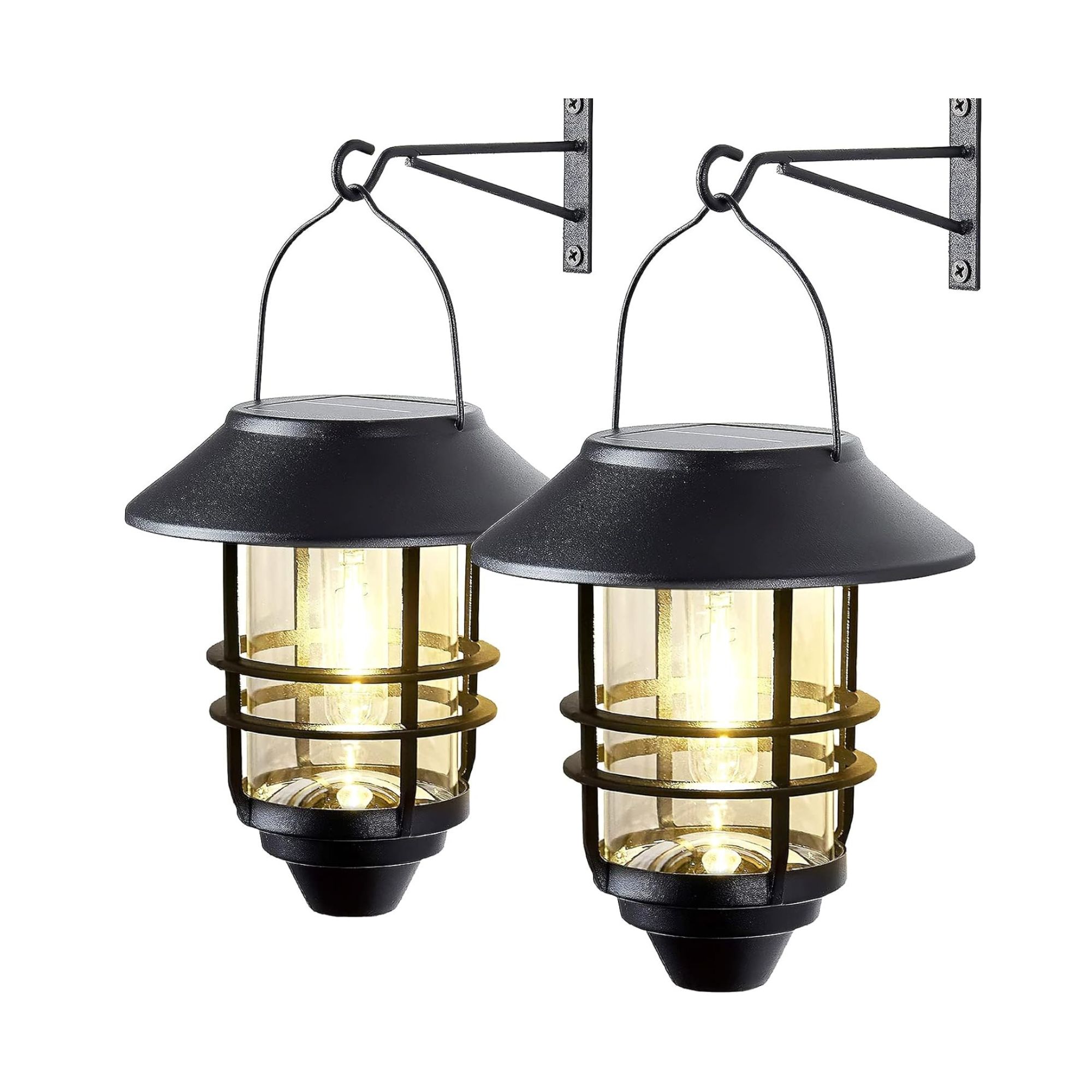Do solar lights work in winter? Follow these top tips now to make your garden glow all year round
Solar lights struggle during the winter months, but there are things you can do to help

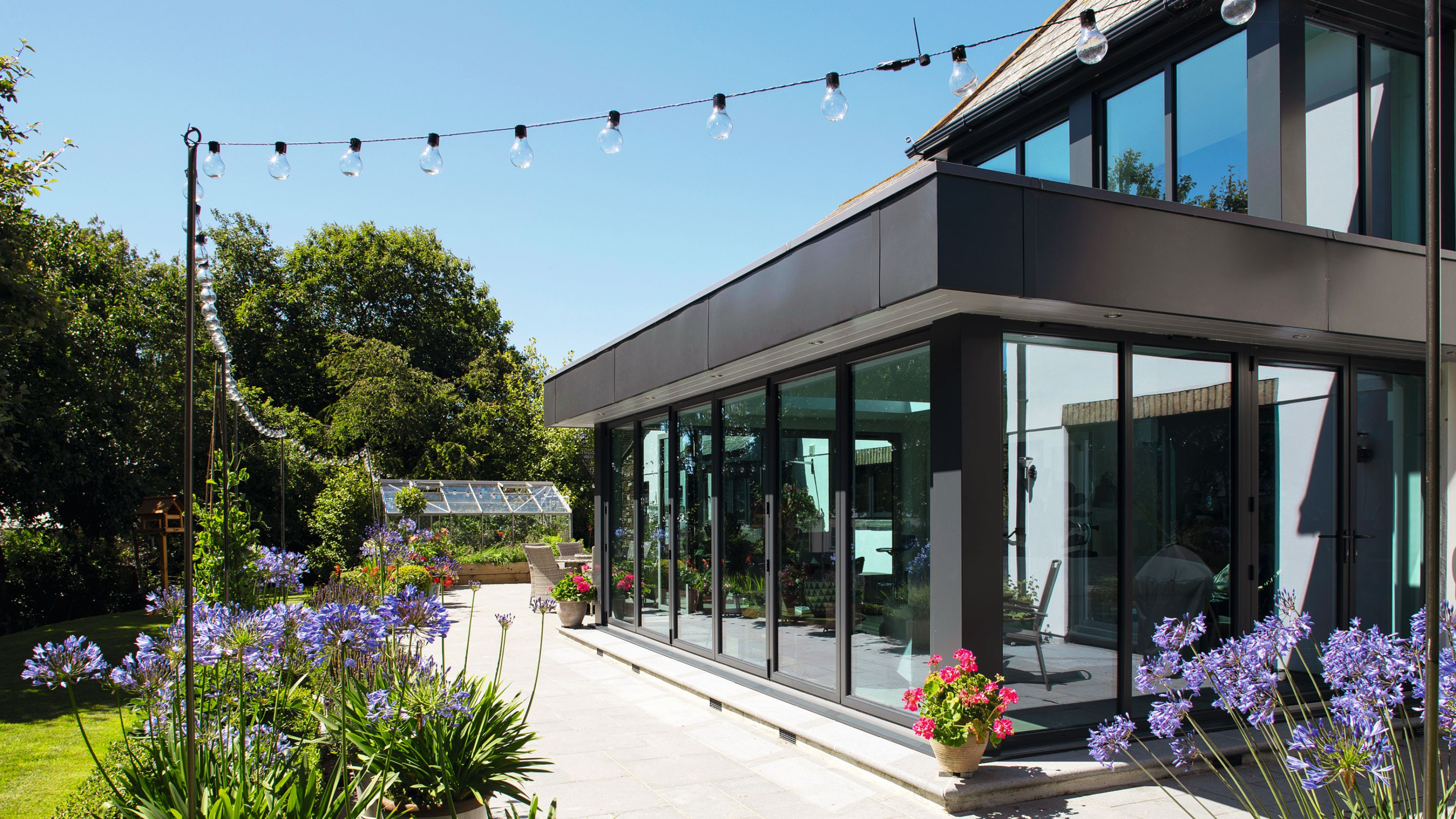
When sunny summer days are replaced with gloomy skies and rain, you may hope to brighten your garden with solar lights. But do solar lights work in winter? Well, that’s a tricky one.
As one of the most eco-friendly and affordable garden lighting ideas out there, solar lights are extremely popular, and it’s not hard to understand why. Coming in various styles - from wall-mounted and festoon lights to stake lights - you can shine a light on every corner of your garden with solar.
But it’s important to consider the limitations of solar lights before you buy some for your garden. After all, they rely on Mother Nature instead of constant electrical power, which can affect whether solar lights work in winter or not. That’s why we’ve asked the experts how you can make solar lights work even when the sun isn't shining.
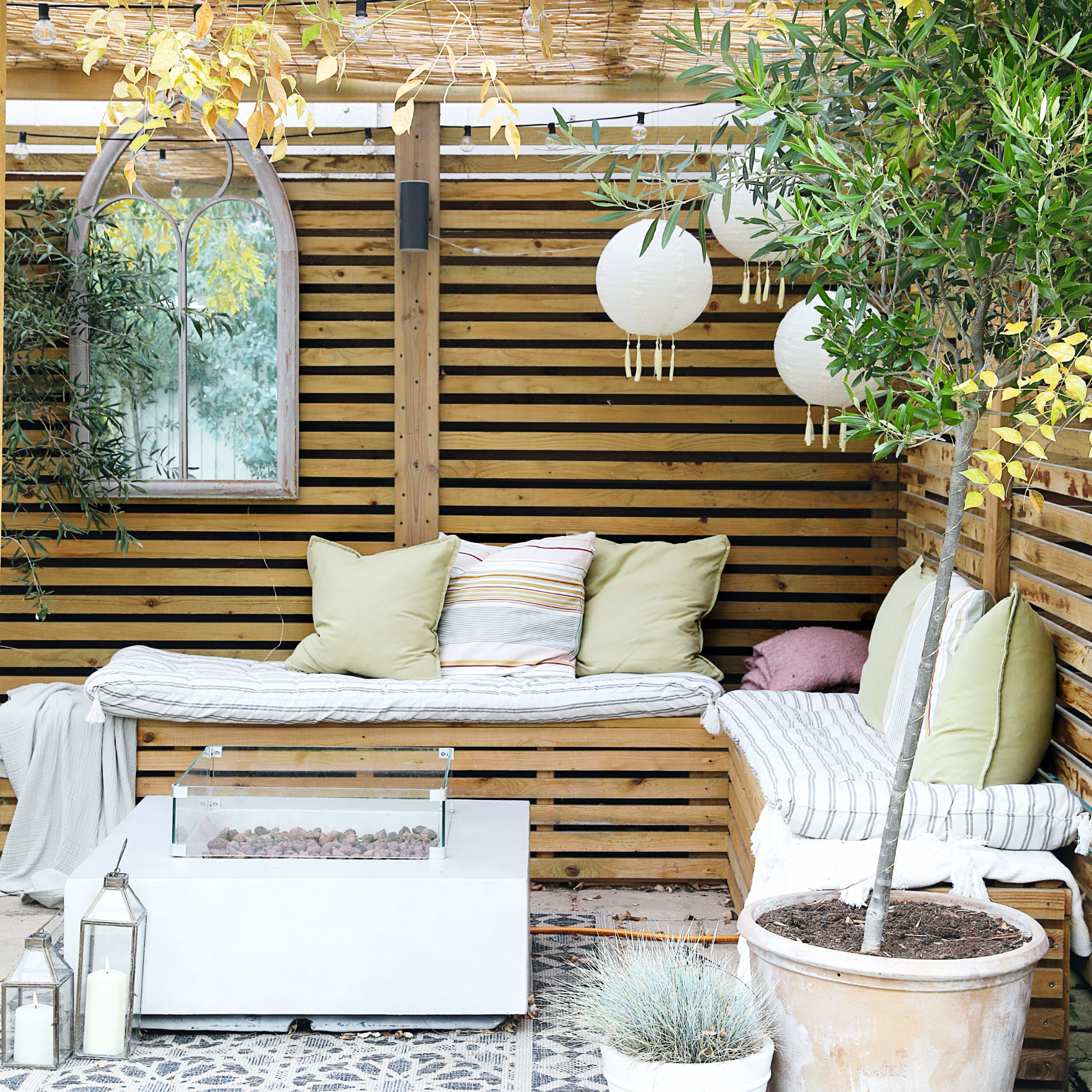
Solar lighting can theoretically brighten your outdoor space when sunny English summers are replaced by gloomy winters. And we can certainly understand the appeal.
When you look at how much electricity a light bulb uses, opting for solar lights over electric lights (and even choosing solar over battery garden lighting) can help relieve the pressure of astronomical winter energy bills.
However, Chris Horridge from Expert Electrical, says, ‘Solar lights can work during the winter, but their performance is often reduced due to shorter daylight hours and the lower intensity of sunlight.'
He adds, ‘In the UK, where winter days are short and often overcast, solar lights may not receive enough sunlight to fully charge, which can result in dimmer light or shorter illumination times in the evening.’
Sign up to our newsletter for style inspiration, real homes, project and garden advice and shopping know-how
As you can imagine, this can be worrying if you use solar lighting as part of your home security measures. It doesn’t mean that you have to avoid using them in the winter, though.
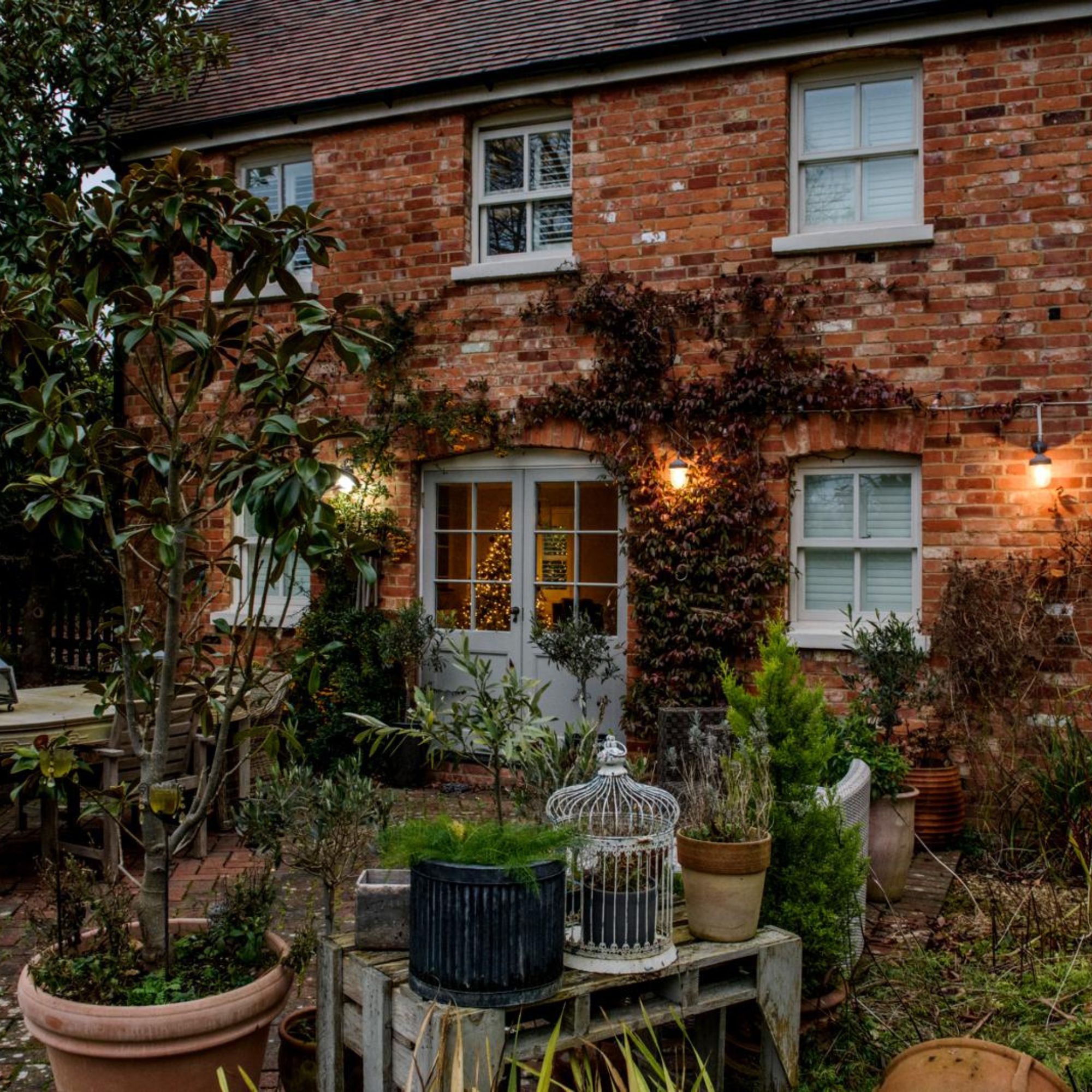
How to make solar lights work in winter
Using solar lights in the winter is often hit-and-miss, but there are ways to give your solar lights the best chance of success during the gloomier months of the year. Here’s what you can do to avoid making any garden lighting mistakes:
1. Keep the solar panel clean
The winter months normally bring dirty wind and rain along with them, and this can often affect how well your solar lights work in winter. After all, a solar panel covered in rain and mud won’t be able to absorb as much sunlight as a clean solar panel.
As covering the panel obviously isn’t an option, your best bet is to keep the solar panel clean. This is echoed by Mark Packham, Garden Lighting Expert at GardenSpark, who says, ‘Try to give the solar panel a wipe now and again so that the micro panels can work to their best.’
A clean microfibre cloth should be enough to wipe away any dirt or grime, but in extreme cases, you may need to use warm, soapy water to remove tougher stains or debris.
Then, wipe a clean cloth over the panel to remove any soapy residue and continue throughout the winter months to give your solar lights the best chance of success.
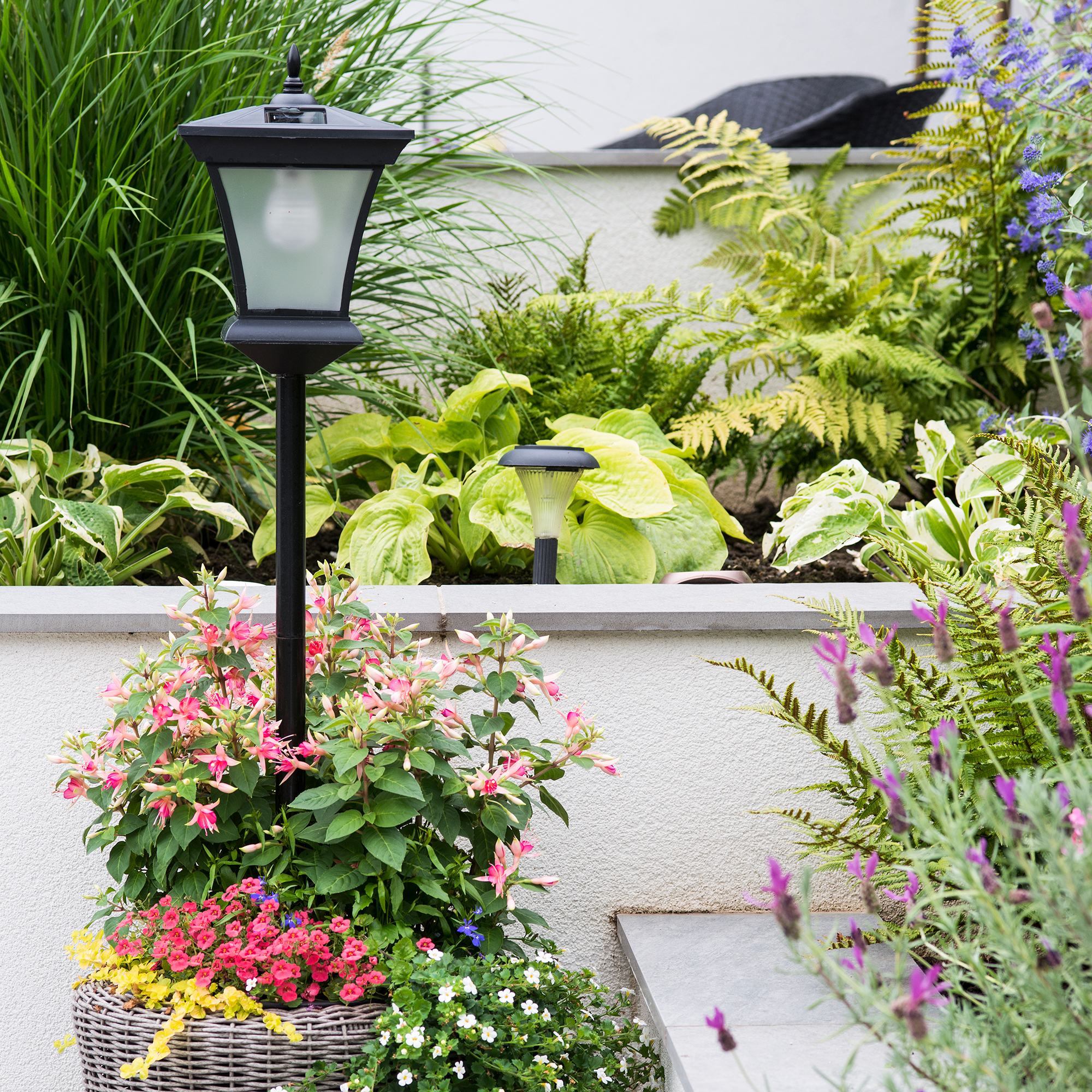
2. Move them or change the angle of the panel
When buying solar lights, you typically have two options to choose from. You can either buy solar lights in which the solar panel forms part of the overall design (i.e. the light and the panel are connected and cannot be separated), or you can buy solar lights with a detachable solar panel (so you can place the panel away from the lights themselves).
Whichever option you choose, you must ensure that your solar lights absorb as much of the winter sun as possible. This might be as simple as moving them away from overhanging branches or the shadow of your shed, or you may need to angle the panel differently to ensure maximum exposure to the sun.
Chris says, ‘Ensure that solar lights are placed in an area that receives the maximum possible sunlight during the day. Avoid placing them under trees, near walls, or in shaded spots.’
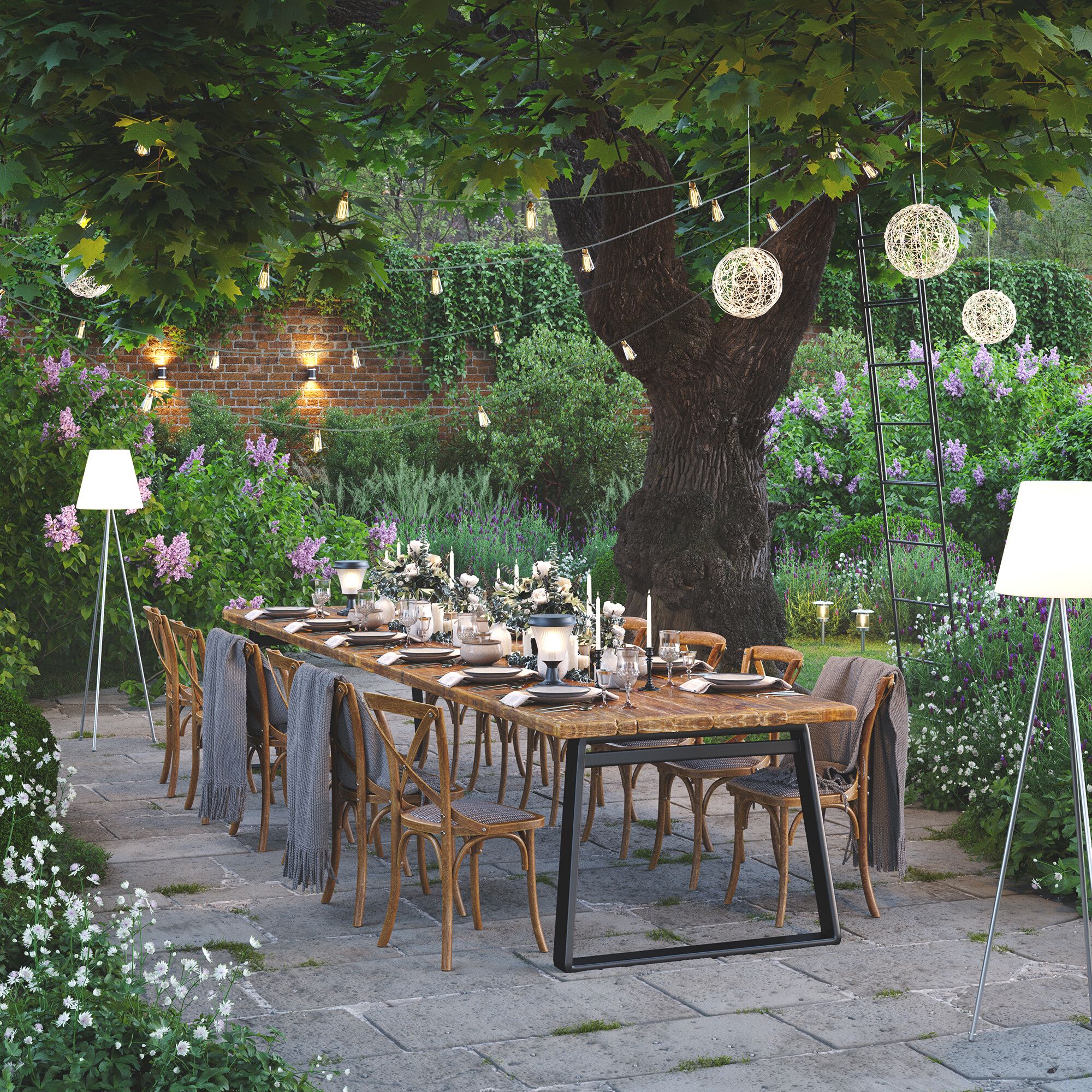
To do this, you may need to inspect your garden throughout the day during the winter months. If you have a north-facing garden and rarely have any winter sun, it may be worth investing in solar lights that sit atop your fence and angle the panel towards the sun (which is much lower during the winter).
Personally, I have the MUSUNIA Solar Step Lights from Amazon that hook over the top of my fence. And although they still struggle on particularly dark winter days, they always work for at least a few hours.
If you have a south-facing garden, however, you may find that your solar lights still work fairly well in the summer. But it’s still worth checking out the sun's movement to ensure the panel is exposed to as much sunlight as possible.
Mark adds, ‘If the lights come with a separate solar panel, make sure it faces south at an angle of about 40 degrees.’
3. Choose the right battery
Although solar lights are powered by solar energy, they also have a rechargeable battery that stores energy throughout the day. In most cases, however, these batteries are fairly low-quality.
And while all batteries lose their ability to hold as much charge when the temperatures drop and they’re exposed to harsher weather conditions, low-quality batteries struggle the most. Because of this, it might be worth choosing solar lights with a better battery for winter use.
Experts agree that lithium-ion batteries are better suited to winter use, so you could buy all-new winter solar lights or simply switch out your low-quality solar light batteries with different batteries - like these Rechargeable Li-ion Batteries from Amazon.
You could also go one step further. Mark advises, ‘Some solar lights now come with a 5V USB charging point. This means that when the battery is severely depleted because of the lack of sun, you can rejuvenate it with a charge.’

FAQs
Can you leave solar lights up in winter?
Yes, you can absolutely leave solar lights up in winter. Most of the solar lights on the market today are waterproof and suitable for outdoor use all year round. However, it’s important to note that solar lights will struggle during the winter months.
In addition to dealing with a lack of sunlight, the rechargeable batteries inside these solar lights also struggle with colder temperatures and typically hold less charge as a result. Because of this, you may find that your solar lights only work for a few hours a night.
So, if you don’t need them, it might be worth bringing your solar lights inside during the winter months.
What is the life expectancy of solar lights?
Although the batteries inside solar lights are rechargeable, they’re not the most reliable batteries on the market. Generally, solar light batteries should last around 3-5 years.
However, the lights themselves can last much longer. You may be able to simply replace the battery and keep the main lights in place for another few years.
Just be warned that changing weather patterns can affect the overall condition of the lights, so always keep an eye out for cracks, damage, or exposed wires.
Now you know whether solar lights work in winter, will you be adding some to your winter garden?

Lauren Bradbury has been the Content Editor for the House Manual section since January 2025 but worked with the team as a freelancer for a year and a half before that. She graduated with a Bachelor’s degree in English and Creative Writing from the University of Chichester in 2016. Then, she dipped her toe into the world of content writing, primarily focusing on home content. After years of agency work, she decided to take the plunge and become a full-time freelancer for online publications, including Real Homes and Ideal Home, before taking on this permanent role. Now, she spends her days searching for the best decluttering and cleaning hacks and creating handy how-to guides for homeowners and renters alike, as well as testing vacuums as part of her role as the Ideal Home Certified Expert in Training on Vacuums, having spent over 110 hours testing different vacuum models to date!
